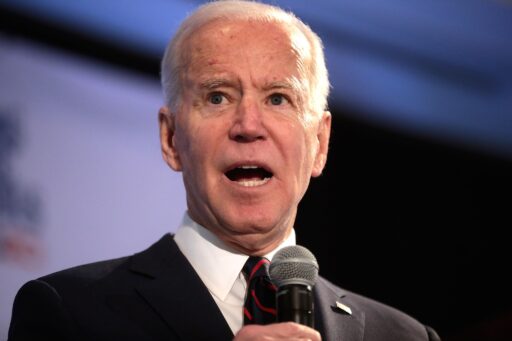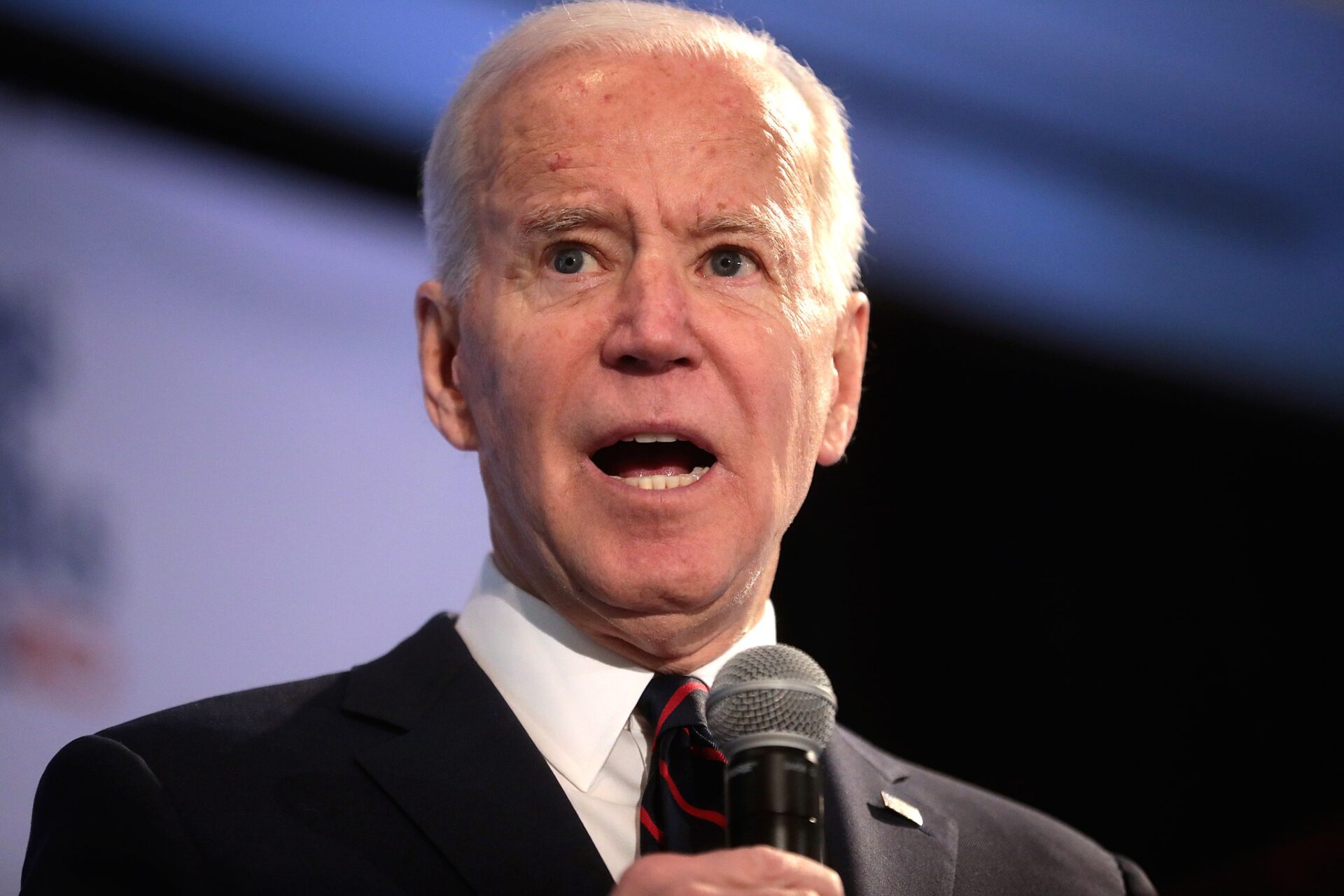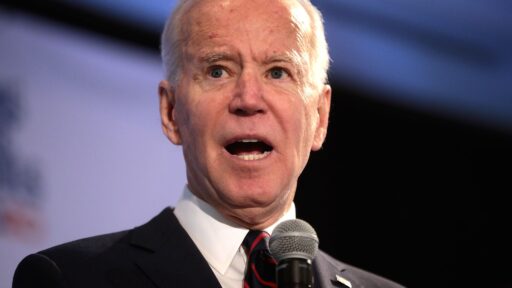‘The Squad’ Member In Hot Water
Representative Ilhan Omar, a prominent figure in the progressive “Squad” of Congress, faces accusations of violating House ethics rules for failing to disclose her husband’s financial interests in businesses related to marijuana and wine. The allegations, put forward by the National Legal and Policy Center (NLPC), assert that Omar neglected to report assets and liabilities linked to these ventures over the past three years.
According to NLPC’s complaint, filed with the Office of Congressional Ethics, Omar’s husband, Tim Mynett, along with his business partner Will Hailer, have been involved in troubled enterprises in the marijuana and wine sectors. These businesses, detailed in a June article by the Minnesota Reformer, allegedly collapsed amidst accusations of fraud and breach of contract.
Key among the allegations is Omar’s supposed omission of her husband’s financial involvements from her congressional disclosures. The complaint points to a reported $300,000 investment in the wine business, eStCru, by a Washington, D.C. business owner named Naeem Mohd. Despite these financial transactions and the reported collapse of the ventures, Omar purportedly did not disclose any related details under Schedule B: Transactions in her congressional filings.
NLPC’s counsel, Paul Kamenar, highlighted the failure to disclose these interests, stating, “Indeed, Rep. Omar did not list any transactions by her spouse under Schedule B: Transactions for the last three years regarding any of his wine and cannabis businesses.”
The allegations have sparked criticism, including from Minnesota Republican Joe Fraser, who is running for Senate in the state. Fraser criticized what he described as financial misconduct benefiting Omar and her associates, stating that constituents are weary of such behavior.
This controversy is not the first time Omar has faced scrutiny over financial matters involving her husband. Previously, she defended substantial payments made through her campaign to a firm owned by Mynett, arguing that the payments were for legitimate services rendered rather than personal enrichment.
The accusations against Omar underscore ongoing concerns about transparency and ethical conduct among elected officials, particularly regarding financial disclosures and potential conflicts of interest. The outcome of NLPC’s complaint could further illuminate these issues and shape public perception of Omar’s tenure in Congress.






